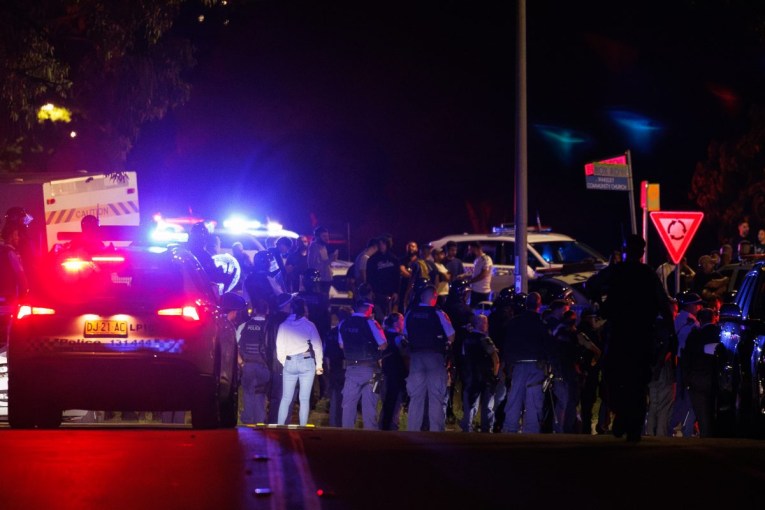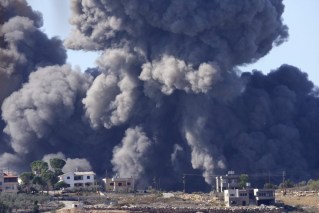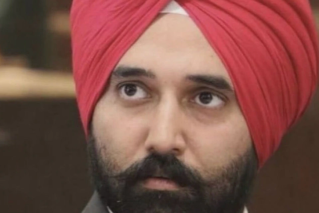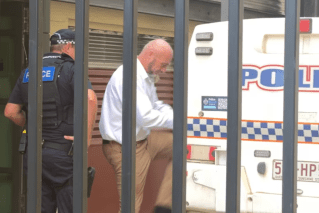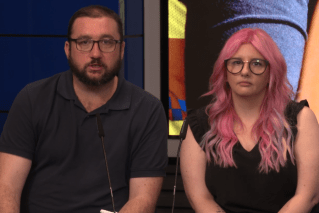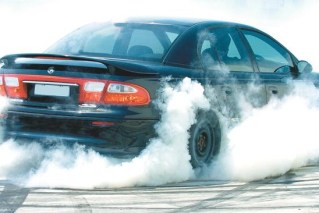Fortress Queensland: NSW border will shut to allow local restrictions to ease
The trade-off for lifting restrictions in south-east Queensland tomorrow is closing the border and introducing new rules for major sporting events. Masks are still mandatory.
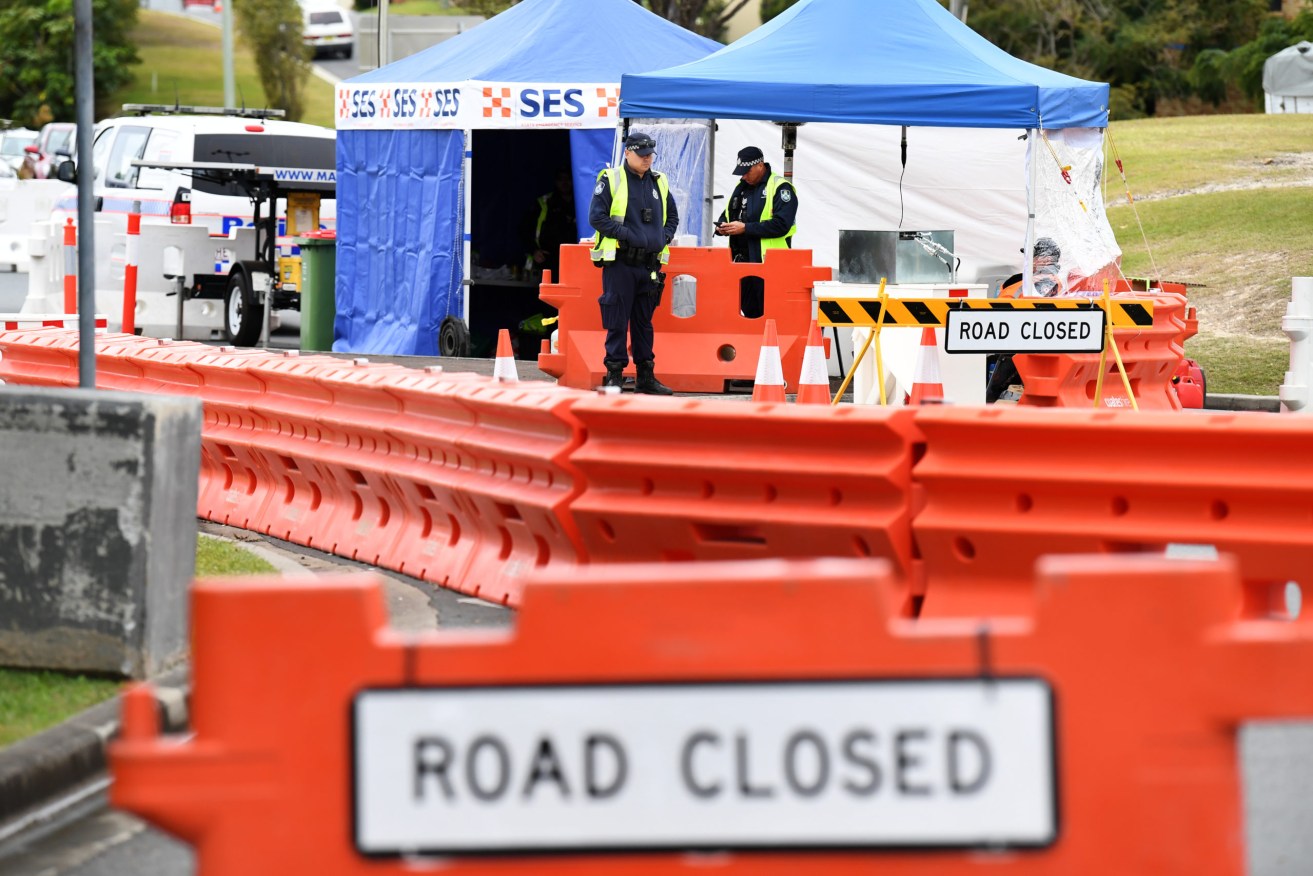
An on-duty policeman allegedly tried to sneak his 20-year-old daughter across the border blockade. (AAP Image/Dan Peled)
Queensland has reported no new community-acquired cases of COVID-19 today, despite the threat of transmission from a health student infected in Melbourne, a family who caught the virus in Sydney hotel quarantine, and an airport worker.
There are 358 close contacts of the student, 316 from the family, and 382 from the airport worker in isolation or hotel quarantine. Thousands more travellers are currently in quarantine, and Deputy Premier Steven Miles today said the system was under pressure.
While the restrictions that have lingered in south-east Queensland since the last lockdown were due to be eased tomorrow, Chief Health Officer Jeannette Young has made last-minute changes to limit the risk of the Delta variant spreading in the community.
Young said the Sydney outbreak had spread to regional NSW, as well as other states, and the “ongoing escalation of their risk down there” was reason enough to halt unnecessary interstate travel. This will also ease pressure on hotel quarantine.
NSW today reported 124 community-acquired cases, the highest daily tally of the current outbreak, prompting Premier Gladys Berejiklian to warn people to “assume anybody you’re in contact with has the virus”.
From 1am Friday, the Queensland-NSW border will be closed to everyone except local residents in the bubble zone, and, separately, returning Queenslanders and exemption-holders who would still have to enter 14-day hotel quarantine.
Travel to and from the ACT will be discouraged but not restricted to the same extent as NSW.
Deputy Police Commissioner Steve Gollschewski said checkpoints would reappear at Queensland border crossings and, with congestion and delays expected, he encouraged motorists to “pack your patience”.
Gollschewski also reiterated the need for people to comply with the rules, after a truck driver with the wrong paperwork allegedly drove at police, other motorists failed to have the correct permits, someone tried to escape hotel quarantine, and people still refused to wear masks.
Lockdowns in southern states have seen major sporting events transferred to Queensland, and the turmoil that followed infections at an AFL game at the MCG – which led to the student being infected – also has Young concerned.
“People can often come from a long way away, go to the stadium and then disperse,” Young said.
Queensland allows free public transport to major events but, with no check-in requirements on buses and trains, there is no way to confirm the movement of spectators or alert potential close contacts.
As a result, stadia of more than 20,000 seats will now be restricted to 75 per cent capacity, and spectators will no longer be able to remove their masks as soon as they sit down.
“I now need you to keep the mask on the entire time you’re in the stadium unless you’re seated and eating and drinking,” Young said.
In south-east Queensland, social distancing requirements will be eased, visitors will be allowed back into hospitals, aged care and disability services, however masks will still be required for another seven days – including, Young said, while people are dancing in nightclubs.
Queensland’s move to reinstate a hard border with NSW has sparked calls by small local councils for financial help to cover the cost of managing the closure.
The Local Government Association of Queensland is pushing the state government to reimburse the councils affected.
LGAQ chief executive Greg Hallam said costs already borne by some councils from previous border closures represented about 15 per cent of their annual general rates income.
“Asking border councils to simply accept 15% of their rates revenue being redirected to border closure costs ultimately means their communities miss out on core council services being delivered for their communities,” he said.
Those most affected included Goondiwindi, Paroo, Balonne, Southern Downs and Bulloo councils.
